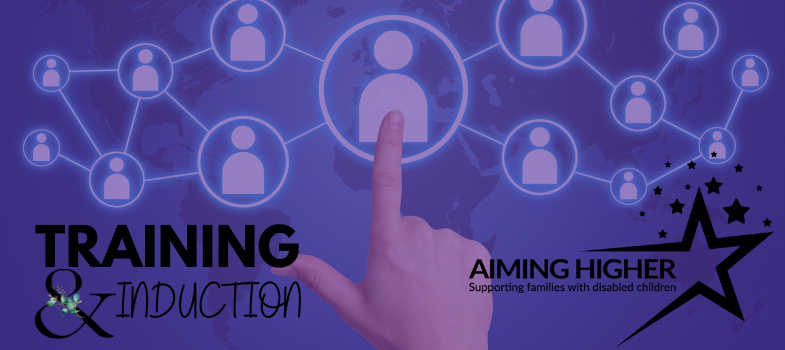Children with Disabilities
This section is an additional part of your safeguarding training, and covers issues specifically related to children with disabilities.
8. Dependency
Dependency on a wide network of carers and other adults is the everyday
experience of some disabled children in order that their medical and intimate
care needs such as bathing and toileting can be met. The large number of adults
involved and the nature of the care needs both increase the risk of exposure to
abusive behaviour and make it more difficult to set and maintain physical
boundaries. Some disabled children grow up to accept damaging, demeaning or
over restricting treatment from others because they have never known anything
more positive.44 There is also the possibility that disabled children may be
schooled into accepting others having access to their bodies.
Child protection enquiries and action planning need to take into account that a
disabled child may be dependent on an abuser for personal care and/or for
communication assistance. They may be less able to tell someone what is going
on because of this dependency. (Source: National working Group on Child
Protection and Disability. It doesn’t happen to disabled children NSPCC 2003, as cited by Gov.uk, July 2009)
